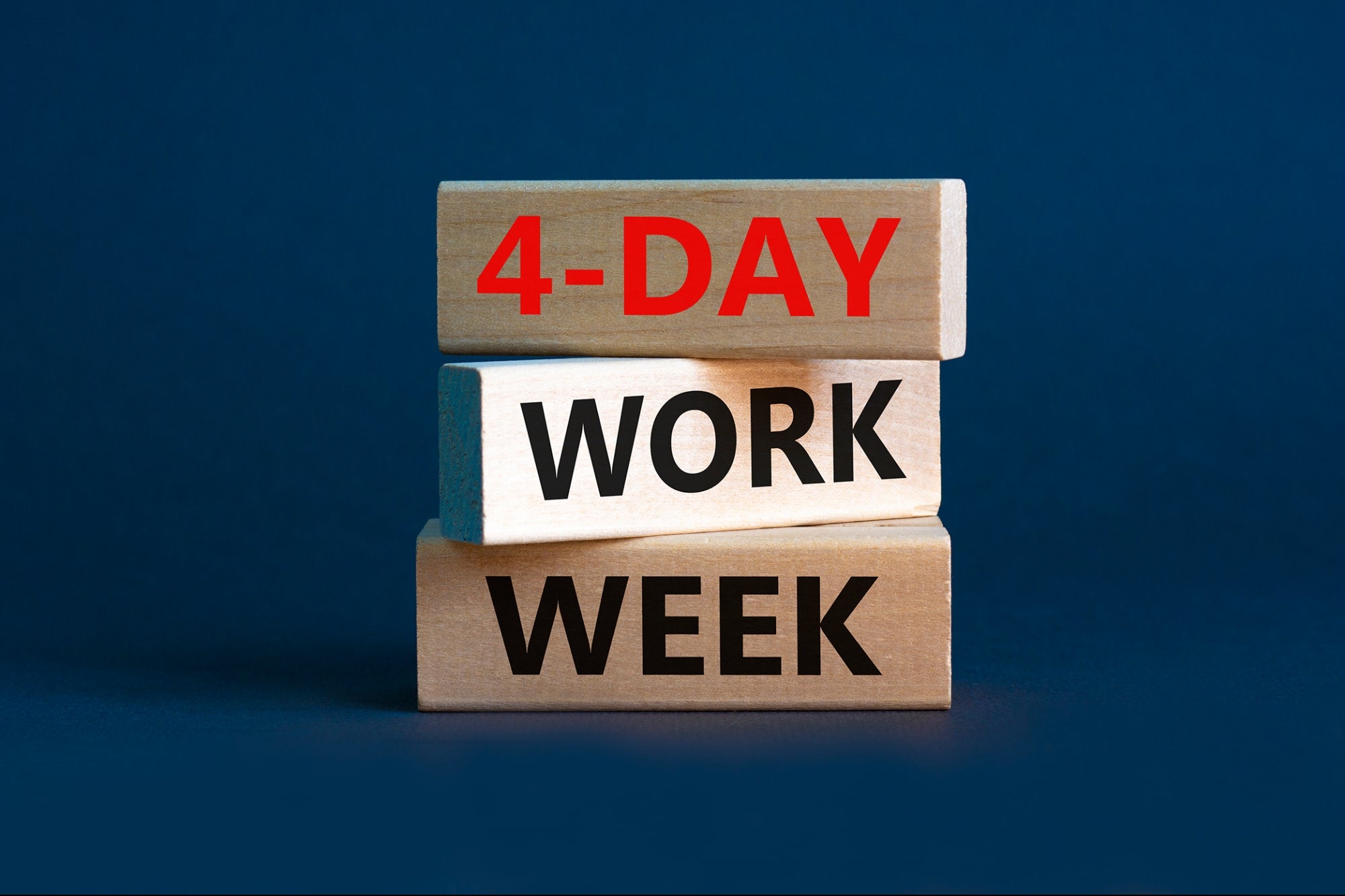The 4-Day Workweek Could Soon Become a Reality - 2 minutes read

Last June, more than 70 companies in the UK signed up for the six-month experiment of a four-day work week.
The idea was to test what would happen if they gave employees one paid day off a week.
Halfway through the trial, 88% of the companies report that the four-day week is working 'well' for their business. Moreover, 46% say their business productivity has "maintained around the same level," while 34% report that it has "improved slightly."
"The four-day week trial so far has been extremely successful for us," said Claire Daniels, CEO at Trio Media, one of the companies involved in the trial. "Productivity has remained high, with an increase in wellness for the team, along with our business performing 44% better financially."
The 4-day work week pilot program is a six-month trial of a four-day working week, with no loss in pay for employees. The initiative was created by a non-profit 4 Day Week Global organization in partnership with researchers at Cambridge University, Boston College, and Oxford University.
Currently, there are pilot programs in the UK, US, Ireland, Australia, and New Zealand. 4-Day Work Week Global launches new programs every quarter in different regions.
Founded in New Zealand by architect Andrew Barnes and entrepreneur Charlotte Lockhart, 4-Day Week Global is dedicated to "supporting the idea of the 4-day week as a part of the future of work," according to their website. Lockhart says she is passionate about showing "the benefits of a productivity-focused and reduced-hour workplace."
More than 3,300 employees are getting a paid day off weekly as part of the 4-day workweek experiment in the UK.
The companies range from small enterprises to large corporations, spanning education, workplace consultancy, leadership, and personal development.
Participants were asked to take a . Thirty-five of the 41 companies responded that they were "likely" or "extremely likely" to consider continuing the four-day workweek. Six companies reported that productivity had significantly improved.
According to an article in The New York Times, some companies said the four-day week had given employees more time to exercise, take up hobbies, cook, and spend time with their families.
Nicci Russell, the Managing Director of Waterwise, admitted the pilot wasn't easy at first. "We have all had to work at it—some weeks are easier than others," he said. "But it's been great for our wellbeing, and we're definitely more productive already."
Source: Entrepreneur
Powered by NewsAPI.org